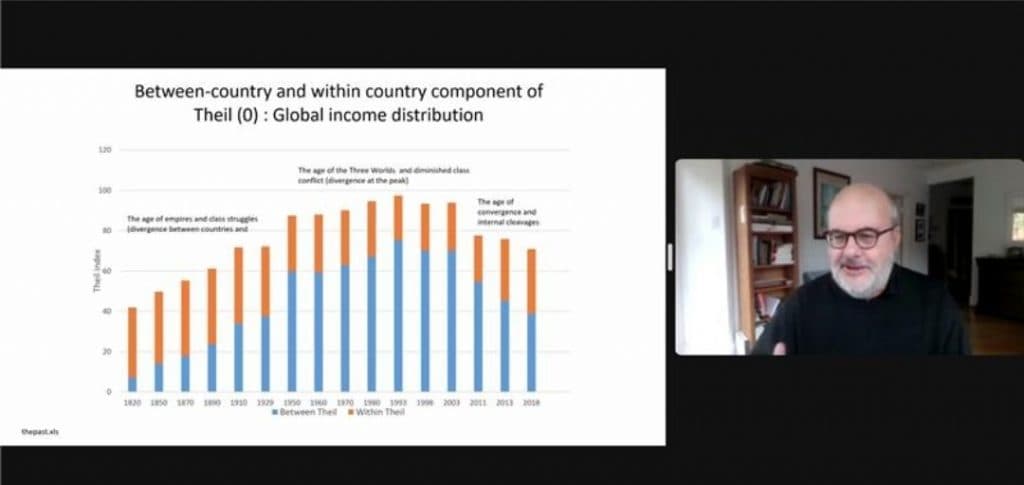US Median Income at 92nd Global Percentile, Challenging Degrowth Narratives

Branko Milanovic, a leading authority on global income inequality, recently underscored the significant disparity between Western incomes and the global average, positioning the median U.S. income earner at the 92nd global income percentile. This assertion directly challenges certain assumptions held by proponents of the "degrowth" movement regarding global economic equity.
In a recent social media post, Milanovic stated, "When people (esp. degrowers) think that median Western incomes are somehow acceptable and that, if inequality were less, we could keep the current global GDP and all live at incomes around the Western median they simply do not know the facts." He emphasized that the "US median income person is at the 92nd global income percentile, far above the global mean or median." This highlights a substantial gap in living standards.
Milanovic's extensive research, including a 2012 World Bank paper, consistently demonstrates that even lower-income individuals in wealthy nations rank remarkably high on the global income scale. His analysis indicates that the poorest 5% of Americans, for instance, possess higher annual incomes than 60% of the world's population. His renowned "elephant curve," co-authored with Christoph Lakner, further illustrates that while the global top 1% and the burgeoning middle classes in Asia experienced significant income growth between 1988 and 2008, the lower and middle-income segments of Western countries saw considerably slower gains.
The degrowth movement advocates for a deliberate reduction in production and consumption, particularly in affluent nations, to mitigate environmental degradation and address social inequalities. Proponents argue for a shift away from GDP-centric growth towards ecological sustainability, equitable resource distribution, and enhanced well-being. Core tenets include reducing energy and material consumption, redistributing wealth, implementing universal basic incomes, and promoting shorter workweeks. However, Milanovic's data suggests that the notion of globally replicating Western median incomes simply by redistributing current global GDP is not supported by the stark realities of international income distribution.
Recent discussions, such as a May 2025 interview with Paul Krugman, confirm Milanovic's ongoing focus on these global income dynamics. He noted the potential for the "median individual in the 'rich world' becoming globally somewhat poorer" if economic crises persist, and acknowledged the "reshuffling of global income positions" as rising Asian incomes elevate populations that once ranked lower than many Westerners. This evolving global economic landscape underscores the complexity of achieving universal prosperity and the unique position of Western nations within it.